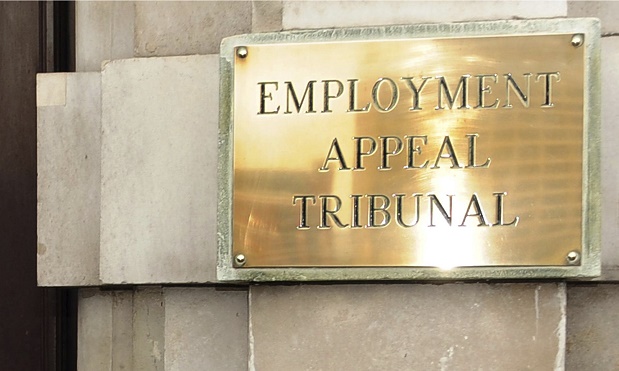 The aim of the higher fees, according to the government was threefold
The aim of the higher fees, according to the government was threefoldThere has been a lot of press coverage recently regarding the gig economy and what employment status should be given to those who work in it.
A recent case has added to the pressure on companies who operate within this sector to re-classify individuals who do work for them as workers rather than self-employed.
Here we look at what is meant by the gig economy, the details of this recent case and the implications for this growing sector of the economy.
What is meant by the Gig Economy?
Companies operating in the gig economy include parcel courier firms, food delivery companies and taxi apps such as Uber.
Such companies argue that the people who undertake work for them are self-employed, as they can pick and choose when they work and how much work they do, and they are used on a short term contract basis.
However, there has been a growing number of cases where individuals are arguing that they are not in fact self-employed but ‘workers’.
Classification as a ‘worker’ brings with it employment benefits such as being paid the minimum wage, sick pay and holiday pay. Needless to say, companies are arguing that these individuals are not workers.
Recent Cases
The most recent case on this issue concerned a courier for Addison Lee, who an employment tribunal has ruled was a worker rather than an independent contractor. The case was brought by the Independent Workers’ Union of Great Britain (IWGB).
The Union’s argument is that companies operating in this sector are trying to circumvent the employment law legislation and deprive workers of their employment law rights by classifying them as self employed, when to all intents and purposes they are an employee.
The company involved in this particular case insists it is the individual’s circumstances that are the reason for the ruling, however the outcome has implications for both companies and individuals.
Implications
This case is the latest in a long line of cases relating to the status of the individuals who work in the gig economy, and follows the Taylor Review which recommended that the status of workers in this sector of the economy needed to be clarified.
Employers will need to be more mindful about whether those who work for them are truly ‘contractors’ or are actually employees who should be paid the national minimum wage as well as sick pay and holiday pay.
If employers don’t get this right – and given the fact that tribunal fees were recently ruled to be unlawful – then they could find themselves at the centre of even more Employment Tribunal claims.
Recruiters love this COMPLETE set of Accredited Recruitment & HR Training – View Training Brochure








